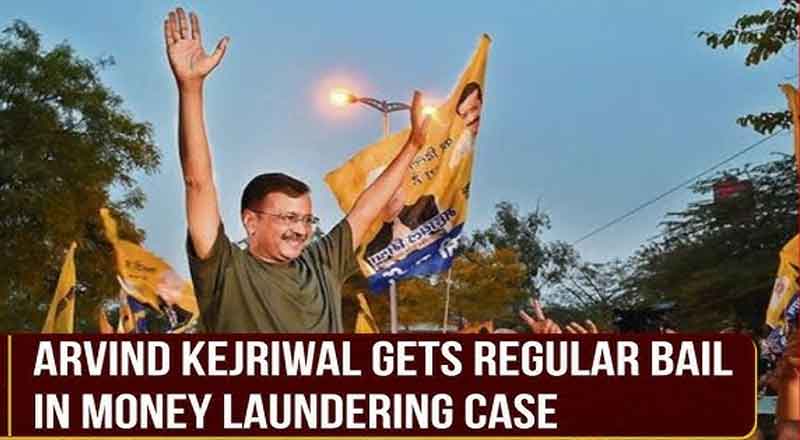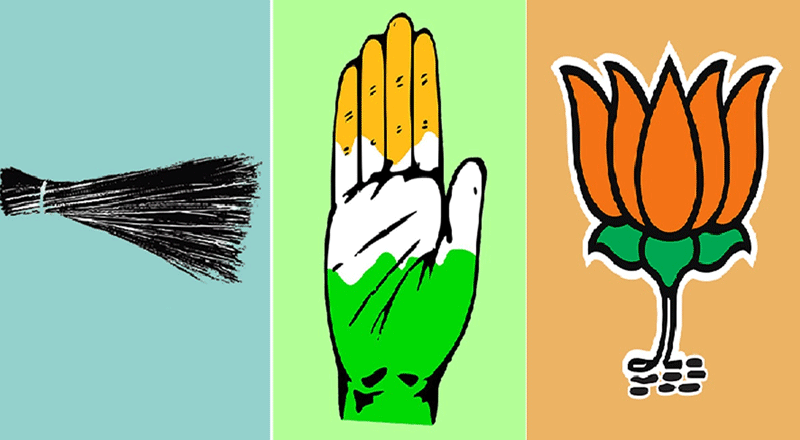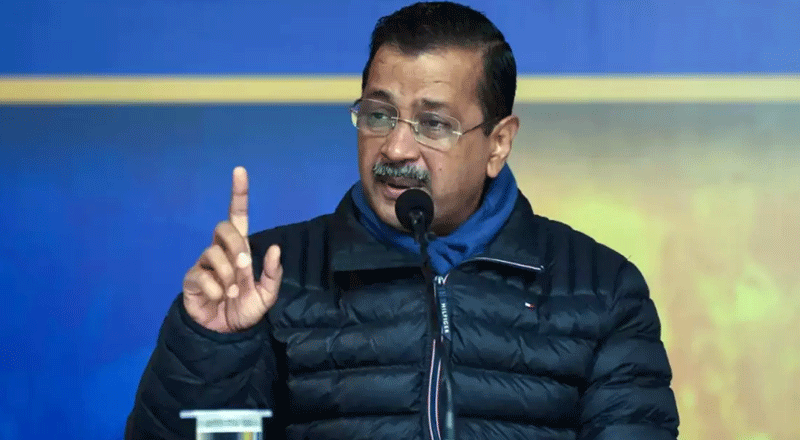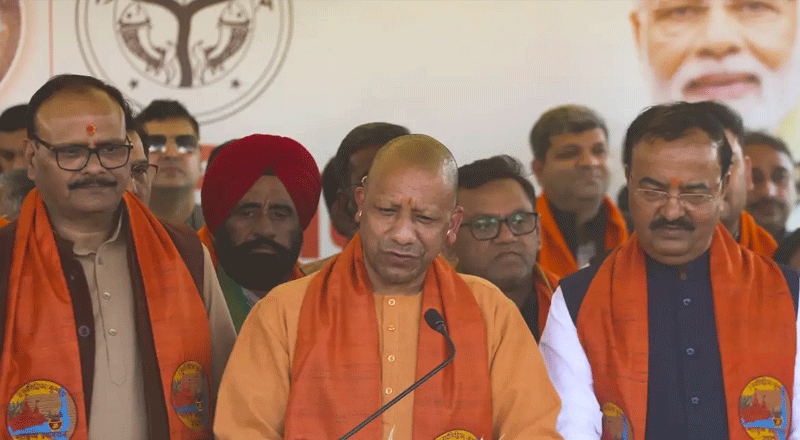- In a significant development Delhi Chief Minister Arvind Kejriwal has been granted bail by the Rouse Avenue Court in a case linked to the city’s excise policy.
- Kejriwal faced allegations of money laundering related to the implementation of Delhi’s liquor policy for the fiscal year 2021-22.
- The court’s decision to grant bail, issued on a personal bond of Rs 1 lakh, marks a temporary reprieve for Kejriwal, who was arrested by the Enforcement Directorate (ED) on March 21.
- Throughout the legal proceedings, Kejriwal and his party have maintained that the charges are politically motivated, aimed at harassing opposition leaders with false allegations by the central government.
- Following the court’s decision, celebrations erupted among AAP leaders and supporters, with Delhi government minister Atishi expressing joy on social media platforms.
In a significant development in the legal saga surrounding Delhi Chief Minister Arvind Kejriwal, he has been granted bail by the Rouse Avenue Court in a case linked to the city’s excise policy. The ruling came after extensive arguments presented by both the prosecution and defence counsel. Kejriwal, a prominent figure in Indian politics and the leader of the Aam Aadmi Party (AAP), faced allegations of money laundering related to the implementation of Delhi’s liquor policy for the fiscal year 2021-22.
The court’s decision to grant bail, issued on a personal bond of Rs 1 lakh, marks a temporary reprieve for Kejriwal, who was arrested by the Enforcement Directorate (ED) on March 21 amidst accusations of receiving funds from liquor vendors to finance AAP’s election campaigns, particularly in Goa. The ED, asserting its case against Kejriwal, had sought to link him to alleged proceeds of crime through co-accused and approvers.
Kejriwal’s defence countered these claims vehemently, arguing that the ED’s case rested primarily on statements from individuals who had already admitted guilt in other contexts, thereby questioning the credibility of their testimonies. The court’s decision to deny the ED’s request for a 48-hour stay on Kejriwal’s bail order further underscored its stance on the matter.
Throughout the legal proceedings, Kejriwal and his party have maintained that the charges against him are politically motivated, orchestrated by the central government to harass opposition leaders with spurious allegations. This narrative has been a recurring theme in AAP’s response to legal challenges faced by its members.
Following the court’s decision, celebrations erupted among AAP leaders and supporters, with Delhi government minister Atishi expressing joy on social media platforms. The mood within the party was buoyant, viewing the bail order as a vindication of Kejriwal’s stance against what they perceive as undue interference by federal agencies in state affairs.
However, despite securing bail, Kejriwal must adhere to strict conditions set by the court, including refraining from influencing witnesses or obstructing the investigation. This stipulation underscores the ongoing legal scrutiny and the necessity for continued cooperation with legal authorities.
The legal battle is far from over, as the ED plans to challenge the bail order in the Delhi High Court, aiming to overturn the lower court’s decision. This escalation highlights the complexity and intensity of the case, which has garnered significant attention due to its political implications and the high-profile nature of the accused.
As the legal proceedings progress, Kejriwal’s bail has not only implications for his personal legal standing but also for the broader political landscape in Delhi and beyond. The outcome of this case is poised to influence public perception and political dynamics leading up to future elections, particularly in light of AAP’s ambitions to expand its influence beyond the national capital region.
In conclusion, while the granting of bail provides temporary relief for Arvind Kejriwal, it marks a pivotal moment in a protracted legal battle that intertwines law, politics, and public perception. The coming days are likely to witness heightened scrutiny and continued legal maneuvering, shaping the contours of governance and electoral politics in Delhi and setting precedents for similar cases nationwide.
(With inputs from agencies)





